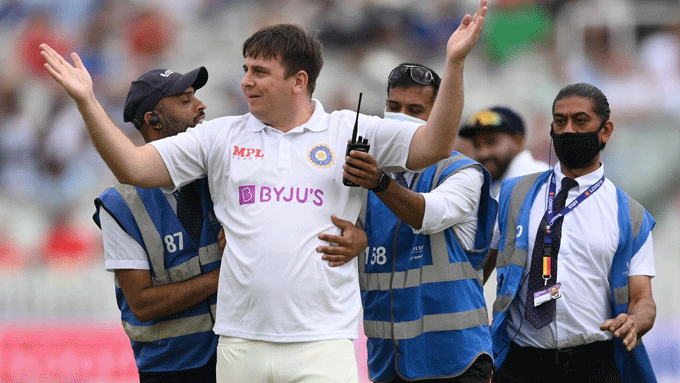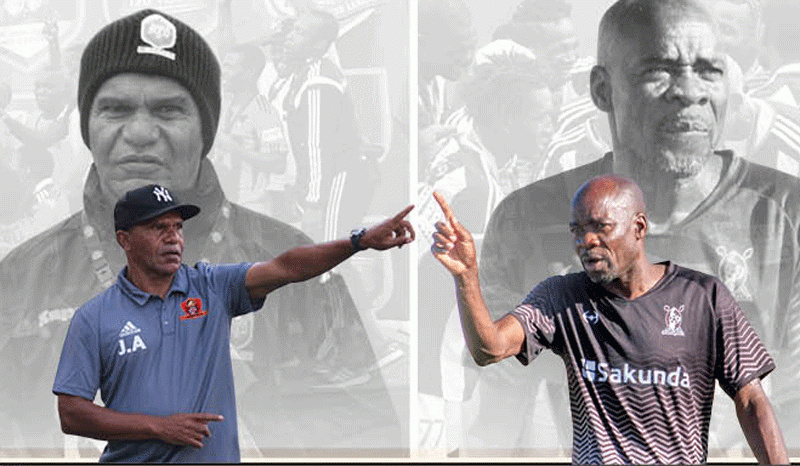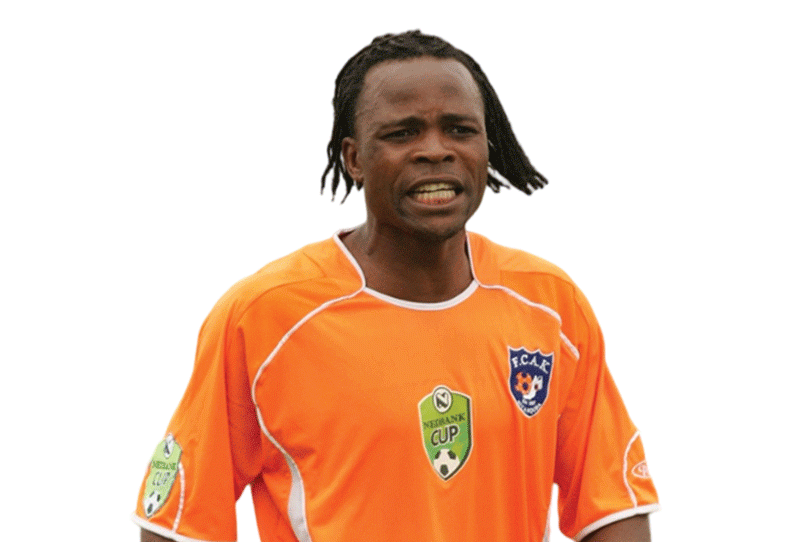
BY TIM MIDDLETON
“JARVO 69” last week hit the headlines when he strode out onto the famous Lord’s Cricket Ground after lunch on the third day of the cricket Test between England and India dressed as one of the players and started to direct the Indian fielders to different positions. He was quickly escorted from the field! He was not the first to do such, though. Karl Power is possibly Britain’s greatest sporting imposter. He stood in full kit beside the Manchester United team for a photograph before their match against Bayern Munich in 2001; he has walked out to bat for England at Headingley, performed the haka before the English rugby team in Rome, played on centre court at Wimbledon, and celebrated on the winner’s podium at the British Grand Prix at Silverstone. Barry Bremen is the American version of the Great Imposter, as between 1979 and 1986, he posed as a Major League Baseball umpire in the World Series, a player in a Major League Baseball All-Star Game, a player in a National Basketball Association All-Star Game, a referee in the National Football League, a Dallas Cowboys cheerleader, as well as a professional golfer.
All these characters were great imposters in the sporting world, by pretending to be someone they were not. They were fakes, frauds, deceivers, shams and scams, albeit fun-loving ones with no real attempt to make a profit. However, they were not the greatest imposters to have hit the sporting world. There are two others. In fact, these two are still around us, popping up here, there and everywhere, week in and week out, and people fall for their deceptions regularly. They are out to make a fool of us and a killing from us. They go by the name of “triumph” and “disaster” (though we may know their more modern cousins “success” and “failure”, “winning” and “losing”), made most famous by Rudyard Kipling in his poem ‘If” where he wrote “If you can meet with triumph and disaster and treat those two imposters the same”. They are imposters because they give the impression they are something that they are not. They hide behind a name, with the intention to deceive us.
Triumph comes along and deceives, fools or cheats us by blinding us with the shiny light of trophies and medals. It often makes us think we are better than we really are and that we have more value and worth than others. It gives us a false sense of entitlement, of importance. It declares that our career depends on it, but does not acknowledge that our character does not. It makes us think we have made it and can ease off. Beware of this imposter!
Disaster also deceives, fools or cheats us but does so by dropping us into the depths of darkness where we cannot see it, or indeed anything, with clarity or hope. It accuses us, betrays us and makes us doubt our ability, our worth, our future. It steals our contentment and robs us of our peace of mind. It says it is the end and makes us want to give up. Beware of this imposter as well!
What then are Triumph and Disaster, if they are not the real thing? In short, they are simply consequences of what has happened; they are responses to events that have occurred. Behind the disguise, they are simply results. They are facts dressed up in fancy clothes (triumph) or dirty clothes (disaster). The causes may be many and varied, going from poor play by our team to great play by the opposition, from a lucky bounce to a dubious decision but these imposters do not care.
Kipling urges us to treat these imposters the same. We may well be tempted to treat them with disdain and disgust because they are cheats or liars, deceivers and distorters. However, it will serve us better to treat them with discernment, to help us see them for what they really are, and to respond to them both with the same dignity, humility and integrity. We must treat them both with gratitude, as both provide invaluable learning and growing opportunities.
When people fall for scams, others look on and wonder how anyone could possibly be so deceived. However those same people may well have been duped themselves by Triumph and Disaster. The imposters mentioned at the beginning of this article acted for fun; sadly, Triumph and Disaster are more serious deceivers who rob us of many more important things. We must not be deceived; we must not fall for their lies. We must recognise them for what they are and treat them equally. They will be found out, for sure, just like Jarvo 69, Power and Bremen. We have been warned.
- Chamisa under fire over US$120K donation
- Mavhunga puts DeMbare into Chibuku quarterfinals
- Pension funds bet on Cabora Bassa oilfields
- Councils defy govt fire tender directive
Keep Reading
- Tim Middleton is a former international hockey player and headmaster, currently serving as the executive director of the Association of Trust Schools Email: [email protected]











